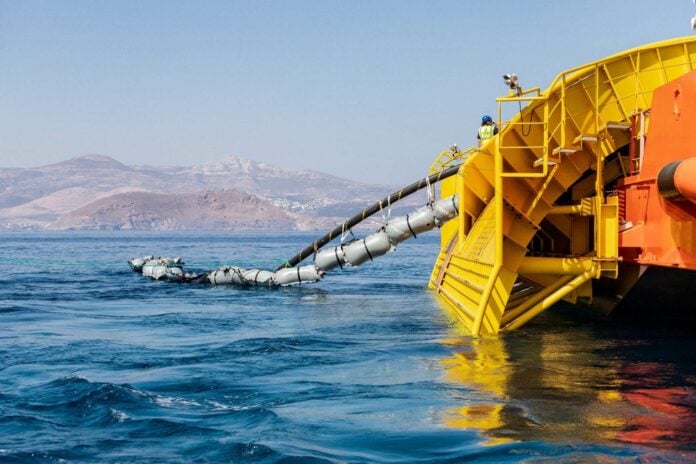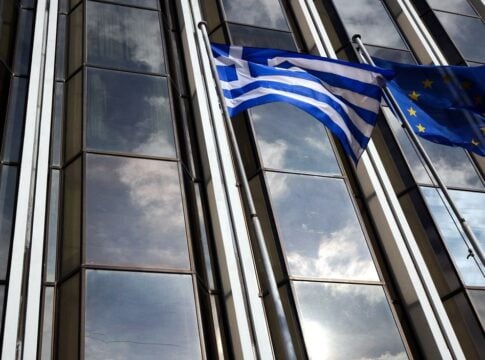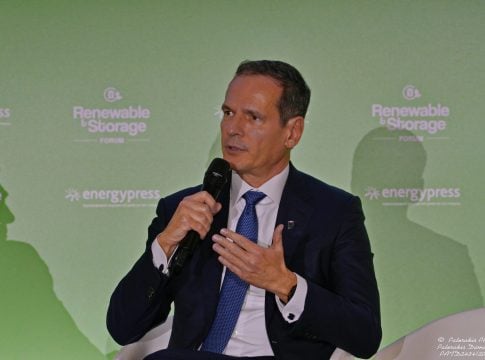The ratification of the agreement for the Greece-Cyprus electrical interconnection, via Crete, is ‘in the air’, as the Cypriot government seems hesitant to ratify it amid doubts about the utility of the project for electricity consumers.
The agreement was reached between the Cypriot government, the European Commission, the Greek government and IPTO, as the implementing body, but as it was seen from the statements of the Cypriot government spokesman Constantinos Letymbiotis, Nicosia wants to re-evaluate the project in terms of the cost-benefit ratio.
Three questions
The main questions are three:
- Will Cypriot consumers be charged from January 1, 2025?
- Will the state pay 125 million, somehow, until 2029, to cover some of the costs of the interconnection?
- And most importantly: What will happen and who will bear the risk of the financial collapse of the investment if Turkey reacts and the interconnection does not proceed? Turkey’s recent provocative intervention in Kassos, on the occasion of the laying of the cable, reinforces the fears.
The fear of something that won’t happen
There is the fear that “people will pay for something that might not happen,” according to the Cypriot newspaper. The ratification of the agreement was postponed yesterday, because “the government hesitated, considering the great risk that will be taken on its part if it gives the green light for the disbursement of money to the implementing body, without it undertaking the risk of the financial destruction of the investment if any intervention by Turkey leads to a collapse of the interconnection.”
IPTO has also requested that the governments of Greece and Cyprus take over all the geopolitical risk in order that it will get back all the money spent in case that the project does not go ahead, due to Turkey’s involvement.
IPTO has already informed the Cypriot authorities and the Cyprus Energy Regulatory Authority (CERA) about the imminent stoppage of the construction of the submarine cable by the French company Nexans. The French company decided to halt operations from September 2, citing CERA’s decisions. But can the Cypriot government claim to change the regulatory decision to transfer the geopolitical risk to IPTO or elsewhere? Obviously not, without immediately wrecking the project and canceling the 657-million-euro funds granted by the European Union.
In practice, however, it is more likely that IPTO and the EU will react strongly if the Cypriot government avoids taking a decision to ratify Monday’s agreement or proceed to “freeze” or cancel the project. From the side of IPTO, it has already become clear to the Cypriot side that the matter must be closed by Friday.















